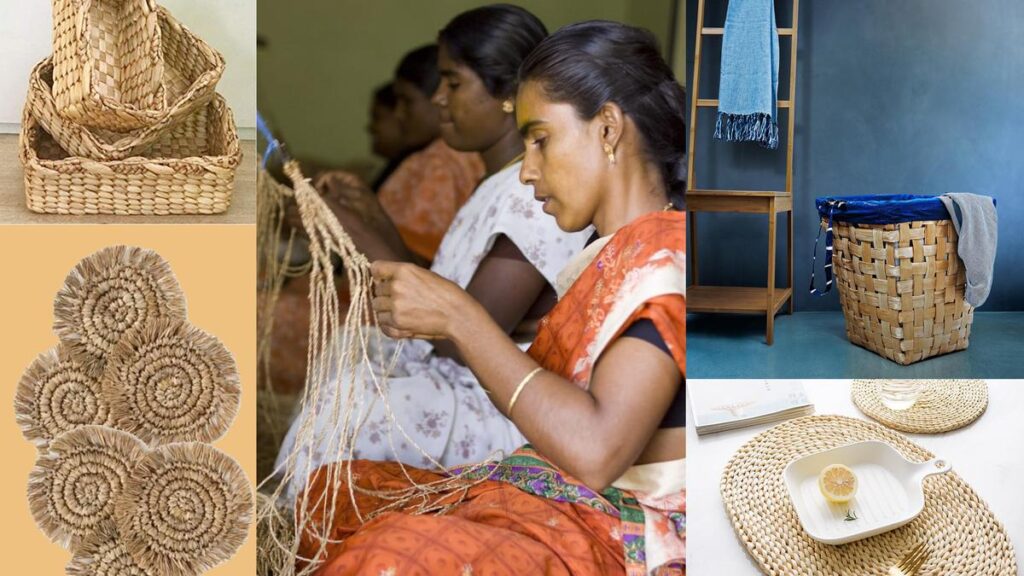In India’s real estate sector, a fresh narrative is unfolding — one that mirrors the escalating influence and empowerment of women as formidable players in the market. Against the backdrop of global economic challenges and recessionary pressures, the Indian real estate market has rebounded, offering a dependable option for those seeking financial independence. Women are increasingly playing a pivotal role in reshaping the dynamics of property ownership. With tailored offerings, supportive government policies, and a commitment to fostering inclusivity, women are embracing real estate investments as more than just a financial endeavour but also a pathway to self-reliance and empowerment.
A growing role
The modern woman views homeownership as an important step towards achieving financial autonomy. Developers are adapting to this trend by customising their offerings to cater to the needs of women investors. New developments, such as the introduction of Real Estate Investment Trusts (REITs), have opened up avenues in commercial real estate, providing women with diverse investment opportunities.
The government is actively promoting women’s participation in the real estate market. Some initiatives including the construction of two crore additional houses and expanded support for middle-class families are aimed at boosting women’s homeownership.
Financial gain
Women investors enjoy a range of incentives aimed at encouraging property ownership. These include lower stamp duty rates, rebates on property registration charges, concessions on property tax, and reduced home loan interest rates.

Stamp duty exemption: In many States across India, women are eligible for a reduced stamp duty rate when purchasing property, making real estate investment more cost-effective. For example, in Delhi, women benefit from a lower stamp duty rate of 4% compared to 6% for men, enabling substantial savings. Similarly, the Government of Maharashtra offers a 1% concession on the regular rate of 6% for women homebuyers.
Income Tax deductions: Under Section 80C of the Income Tax Act, women investors can claim deductions on home loan principal repayments, reducing their taxable income significantly.
Joint ownership benefits: Opting for joint ownership with a spouse or family member can further enhance tax benefits, allowing women to share the burden of loan repayments and enjoy higher tax deductions collectively.
Rebate on property registration charges: In addition to stamp duty, government authorities impose property registration charges for formalising property ownership. However, in several States, women homebuyers are entitled to a rebate on these charges, resulting in extra savings. While the standard registration fee typically stands at 1% of the property’s value, it may vary in certain regions, sometimes reaching up to 4%. Women homebuyers stand to gain from these concessions in select States.
Home loan benefits and schemes: Numerous banks and Non-Banking Financial Companies (NBFCs) extend additional perks to women borrowers, such as preferential interest rates and tailored schemes to suit their specific needs. Women have access to affordable financing options, with loan amounts of up to 90% of the property value and interest rate discounts ranging from 10 to 30 basis points.
Risk mitigation: Real estate investment is inherently less volatile compared to other investment avenues, providing women with a stable and secure means of wealth accumulation over the long term.
It’s crucial to recognise the instrumental role women play in driving the real estate sector forward. With government policies and financial incentives, women have unprecedented opportunities to achieve financial independence through real estate investment. This empowerment not only benefits women homebuyers individually but also contributes to the overall economic empowerment of women in society. With each investment decision, women are not just securing their own financial futures but are also paving the way for a brighter and more inclusive future for generations to come.
The writer is president, Residential Business, Embassy Group.
Source Homevior.in




